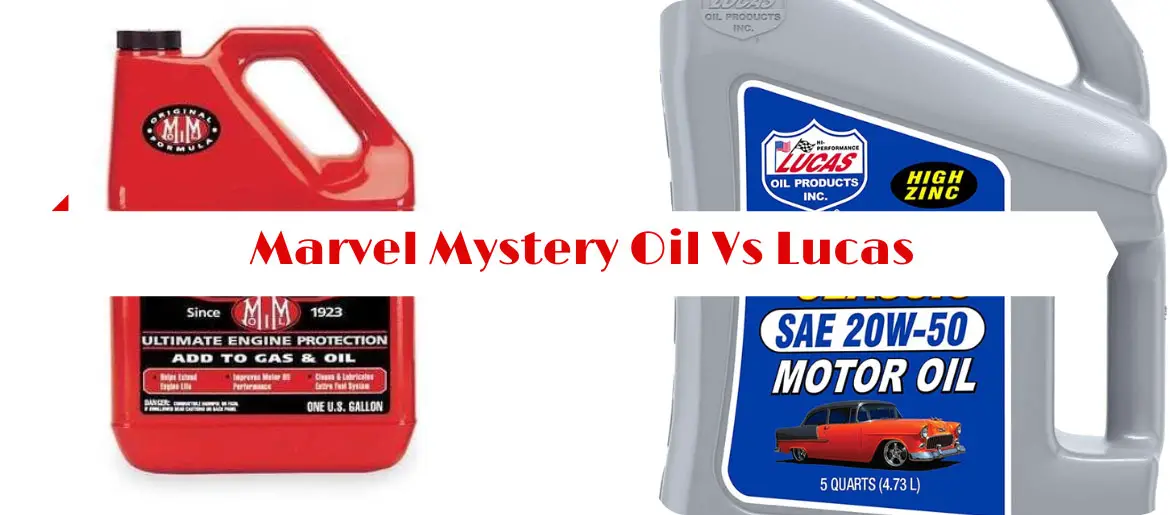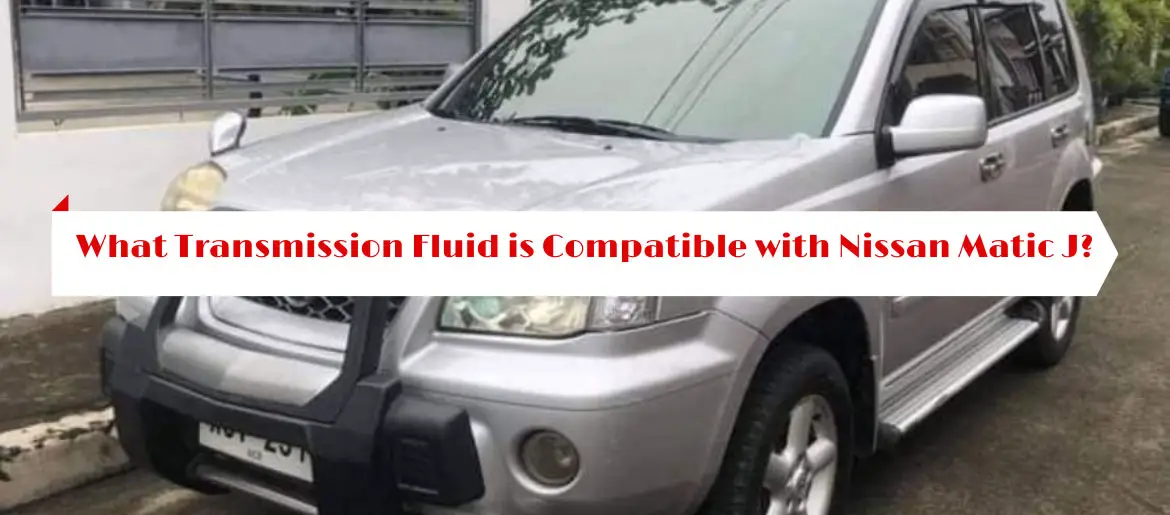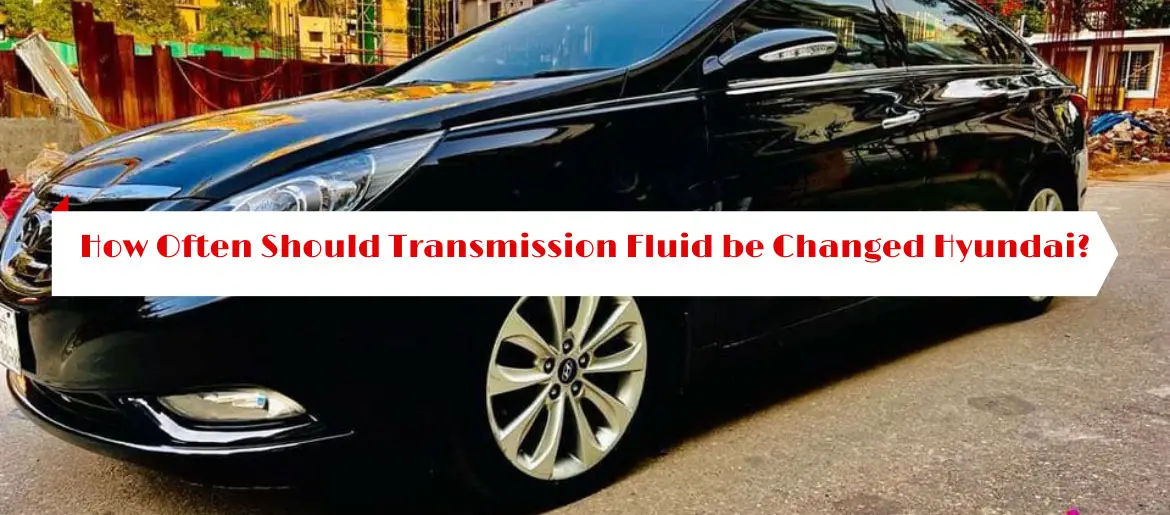How To Extend Life of an Engine with Rod Knock?
How many times have you been driving on the highway, and then all of a sudden your car starts making this loud noise? You might not know it, but that noise is called rod knock. This can be a very serious issue, and if left untreated, it can lead to engine failure.
In this blog post, I’ll discuss some tips and tricks on how to extend the life of an engine with rod knock.
What Is Rod Knocking?
Rod knocking is a serious issue that can lead to engine failure if left untreated. It occurs when the connecting rod bearings become worn and start to make noise. The noise is typically a knocking or clicking sound that can be heard when the engine is running.
What Does Rod Knock Sound Like?
If you’re wondering what rod knock sounds like, it’s usually described as a knocking or pinging noise coming from the engine. It’s usually most noticeable when the engine is idling or under load, and it can be a sign of serious engine damage. If you think you might have a rod knock, it’s important to have it checked out by a mechanic as soon as possible.
Here is a video that demonstrates what rod knock sounds like.
How To Extend Life of an Engine with Rod Knock?
There are a few things you can do to extend the life of your engine if you have rod knock. The first thing you should do is have the bearings checked and replaced if necessary. You should also check the oil level and quality regularly, and change the oil as needed.
You may also want to add a rod knock additive to your oil. This can help reduce the noise and extend the life of your engine.
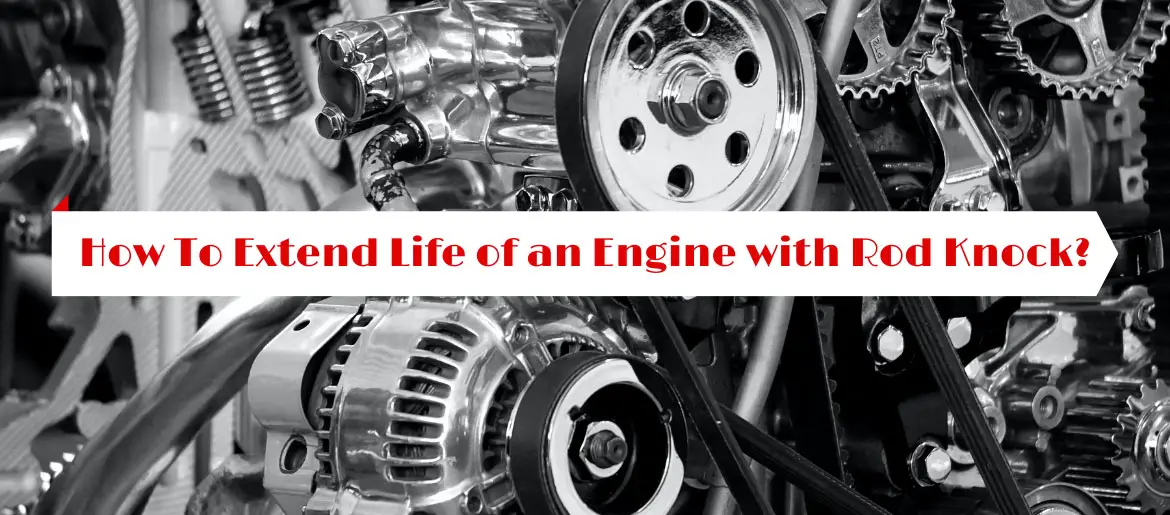
Replace Bearings
If the bearings are worn, they will need to be replaced. One way to extend the life of your engine if it has rod knock is to replace the bearings. This will help to reduce the amount of wear and tear on your engine and can help to prevent further damage.
To replace the bearings in your engine, you’ll need to remove the oil pan and the crankshaft. Once the crankshaft is removed, you’ll be able to access the bearings. To replace the bearings, you’ll need to press the old bearings out of the housing and press the new bearings into place. Once the new bearings are in place, you can reassemble your engine and install the oil pan.
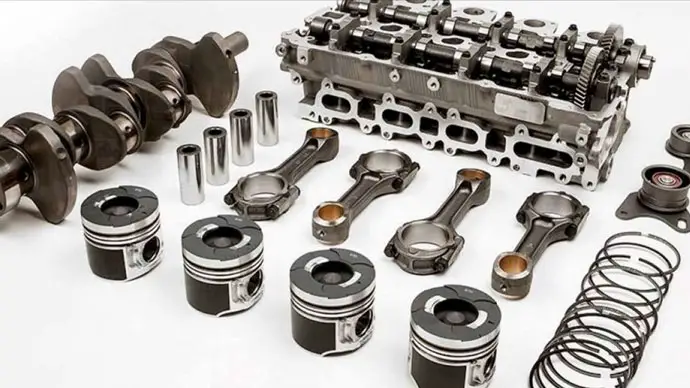
Replacing the bearings in your engine is a fairly straightforward process, but it’s important to make sure that you do it correctly. If you’re not comfortable working on your engine, it’s best to take it to a professional mechanic. They’ll be able to properly diagnose the problem and replace the bearings for you.
Check Oil Level and Quality
It is no secret that engines are expensive, and so are the repairs that come along with them. One way to help extend the life of your engine, and avoid costly repairs, is to regularly check the oil level and quality of your vehicle.
Here are some tips on how to extend the life of your engine by checking the oil level and quality:
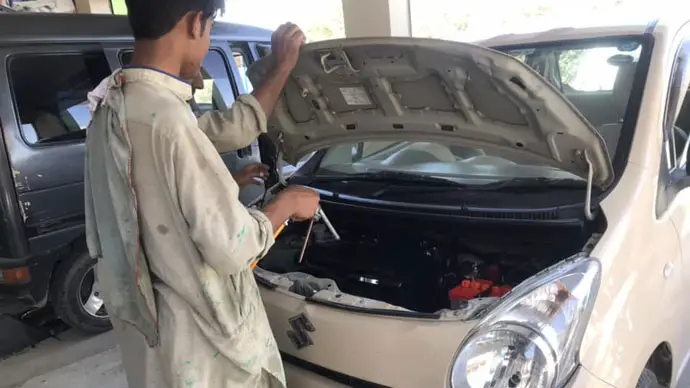
1. Check the oil level at least once a month, and more frequently if you drive in stop-and-go traffic or other conditions that cause the engine to work harder than normal.
2. When checking the oil level, also look at the color and consistency of the oil. If it is dark and/or thick, it may be time to change it.
3. If you are due for an oil change, opt for higher quality oil, such as synthetic. This will help protect your engine and extend its life.
4. In addition to regularly checking the oil level and quality, have your engine regularly serviced by a qualified mechanic. This will help ensure that your engine is running at peak performance, and help identify any potential problems before they cause serious damage.
Add a Rod Knock Additive
Treating rod knock with an additive is a popular method for those who want to extend the life of their engine.
There are many rod knock additives on the market that claim to extend the life of an engine with rod knock. However, it is important to do your research to find an additive that is effective and safe for your engine.
Adding a rod knock additive to your engine oil is a simple way to treat rod knock. The additive will lubricate the connecting rods and help reduce the knocking noise. This can extend the life of your engine and prevent expensive repairs.
Replace Damaged Connector Rods
If your engine has a rod knock, it is important to replace the damaged connector rods as soon as possible. Rod knock can cause serious damage to your engine and can lead to engine failure. Replacing the damaged connector rods will extend the life of your engine, and help to prevent further damage.
To replace the damaged connector rods, you will need a few tools and supplies. First, you will need a socket wrench and a set of metric sockets. You will also need a set of replacement connector rods. You can find these at most auto parts stores.
Before you begin, make sure that the engine is turned off and that the battery is disconnected. Then, remove the engine cover. Locate the damaged connector rod, and remove it from the engine.
Install the new connector rod, and tighten it in place with the socket wrench. Replace the engine cover, and reconnect the battery. Start the engine, and check for any leaks.
If the connecting rods are damaged, they will need to be replaced. This is a more difficult process, but it is important to make sure that the new rods are the same size and type as the old ones.
Replace Faulty Spark Plugs
If your engine has rod knock, it is essential to replace the faulty spark plugs as soon as possible. Rod knock is a knocking noise that occurs when the connecting rod bearing journals wear out and the connecting rod knocks against the crankshaft. This can cause serious damage to your engine and will eventually lead to engine failure.
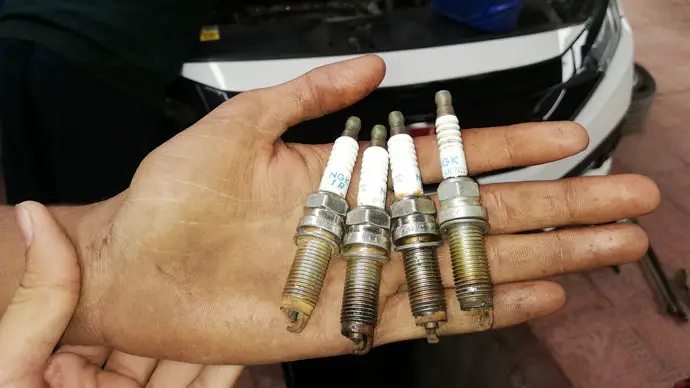
To extend the life of your engine, it is important to regularly check the spark plugs and replace them if they are worn out. It is also important to use the correct type of spark plug for your engine. Using the wrong type of spark plug can cause engine damage and may void your warranty.
If you are not sure which spark plugs to use, consult your owner’s manual or ask a mechanic. Replacing the spark plugs is a fairly simple task that can be done at home with the proper tools.
To replace the spark plugs:
1. Remove the old spark plugs. You will need a spark plug socket and ratchet to do this.
2. Clean the spark plug holes with a wire brush to remove any debris.
3. Install the new spark plugs. Be sure to use the correct type of spark plug for your engine.
4. Tighten the spark plugs
If the spark plugs are faulty, they will need to be replaced. This is a relatively simple process, but it is important to make sure that the new plugs are the same size and type as the old ones.
Check the Coolant Level and Make Sure The Level Is Correct
If your engine has high mileage, it is especially important to check the coolant level and make sure it is correct. A low coolant level can cause the engine to overheat, which can lead to catastrophic failure. A high coolant level can also cause problems, as it can cause the engine to run lean and can lead to engine knock.
Avoid Overloading Your Vehicles
Overloading your vehicle can cause rod knock, which is a serious problem that can shorten the life of your engine. To avoid this, make sure you never overload your vehicle beyond its recommended capacity.
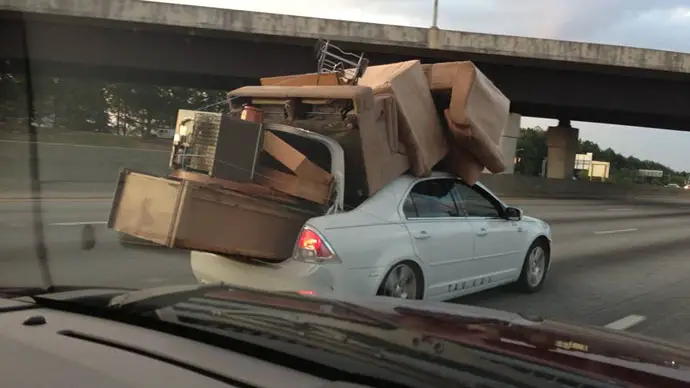
This includes both the weight of the vehicle and the number of passengers. If you must transport a heavy load, do so slowly and carefully to avoid putting too much strain on the engine.
In addition, keep an eye on your engine’s oil level and make sure it is changed regularly. By following these simple tips, you can help extend the life of your engine and avoid costly repairs.
Replace The Piston Rods If Needed
If an engine has a rod knock, it will need new piston rods. The old ones will be scored and damaged and will need to be replaced. This is a fairly easy repair that can be done at home with the right tools.
First, remove the old piston rods. This can be done by unbolting them from the engine block. Be careful not to damage the engine block when doing this.
Once the old piston rods are removed, clean the engine block where they were mounted. This will ensure that the new piston rods will have a clean surface to mount on.
Next, install the new piston rods. These will come with new bolts that will need to be tightened to the proper specifications. Be sure to follow the instructions that come with the new piston rods.
Finally, start the engine and let it run for a while. This will allow the new piston rods to seat properly and break in. After the initial break-in period, the engine will be good as new and will have an extended life.
If you follow these tips, you can help extend the life of your engine and avoid serious problems down the road. Remember, rod knock is a serious issue and should not be ignored. If you think you may have a problem, be sure to take your car to a mechanic as soon as possible.
Conclusion
Rod knock is a serious issue that can lead to engine failure if left untreated. However, there are a few things you can do to extend the life of your engine if you have rod knock. Be sure to have the bearings checked and replaced if necessary, check the oil level and quality regularly, and change the oil as needed.
You may also want to add a rod knock additive to your oil. By following these tips, you can help extend the life of your engine and avoid serious problems down the road.
People Also Ask
How Much to Fix Rod Knock?
The cost of the replacement parts will vary depending on the make and model of your car. However, you can expect to pay anywhere from $1000 to $1500 for the parts. In addition, you’ll need to pay for labor, which will likely be around $500.
All in all, you can expect to pay between $1500 and $2000 to fix rod knock. This is a relatively inexpensive repair, so it’s important to get it done as soon as possible. Ignoring the problem will only make it worse and could eventually lead to engine failure.
How to Diagnose a Rod Knock?
If you hear a knocking noise coming from your engine, it could be a rod knock. This is a serious issue and should be diagnosed as soon as possible.
Here are some steps you can take to diagnose a rod knock:
Listen to the noise. Rod knocks usually have a distinctive sound. It’s a knocking or tapping noise that gets louder as the engine speed increases.
Check the oil. If the oil level is low or there is metal debris in the oil, it could be a sign of a rod knock.
Take the car for a test drive. If the noise gets worse as you drive, it’s likely a rod knock.
Have a mechanic check it out. Once you’ve confirmed that it’s a rod knock, you’ll need to have a mechanic take a look at it. They’ll be able to tell you what needs to be done to fix it.
Can You Fix Rod Knock Yourself?
If you’re handy with a wrench and you know your way around an engine, you can try to fix rod knock yourself. It’s not an easy fix, but it is possible. First, you’ll need to identify the source of the noise. Once you’ve done that, you’ll need to replace the damaged parts. This will usually involve replacing the connecting rods and bearings. It’s a big job, but if you’re up for the challenge, you can do it yourself.
Will Oil Change Stop Engine Knock?
If your engine is knocking, it’s likely due to a buildup of deposits on the piston rings or cylinder walls. An oil change will remove the old oil and any deposits that have accumulated, and fresh oil will help to prevent new deposits from forming. This can help to reduce or eliminate engine knock.
If you’re hearing knocking even after changing the oil, it’s possible that the problem is more serious and will require more extensive repairs. However, an oil change is always a good place to start when troubleshooting engine knocks.
How Long Can You Drive with a Rod Knock?
If your car is knocking, don’t drive it. Continuing to drive with a rod knock will cause more damage to your engine and will likely lead to engine failure.
How long can you drive with a rod knock? It depends on how severe the knock is. If it’s a light knock, you might be able to drive a short distance, but if it’s a severe knock, your engine could fail immediately.
If you have a rod knock, the best thing to do is to have your car towed to a mechanic so they can fix it. driving with a rod knock is dangerous and can cause extensive damage to your engine.
How Long will Engine Last with Rod Knock?
If your engine has a rod knock, it is only a matter of time before it completely fails. The knocking noise is caused by the connecting rod hitting the crankshaft. This can happen for a variety of reasons, including a loss of lubrication, excessive wear, or a manufacturing defect.
Once the knocking noise starts, it will gradually get worse over time. eventually, the connecting rod will completely break, and the engine will seize up. At that point, the only thing you can do is replace the engine.
So, how long will your engine last with a rod knock? It really depends on how severe the knock is. If it is just a light knocking noise, the engine might last for several thousand miles. However, if the knock is severe, the engine could fail very quickly, possibly even on the first start after the knock is heard.
How Do You Temporarily Fix a Rod Knock?
If you have a rod knock, the best thing to do is to take the car to a mechanic as soon as possible. However, if you are in a bind and need to temporarily fix a rod knock, you can do the following:
1. Remove the spark plugs and pour a small amount of motor oil into each cylinder.
2. Replace the spark plugs and crank the engine.
3. The car will run rough, but the knock should be gone.
4. Drive to the nearest mechanic and have the car looked at as soon as possible.

